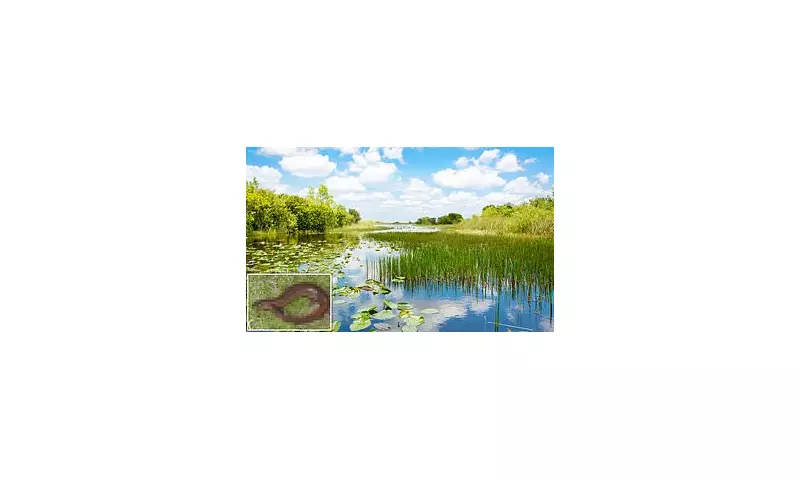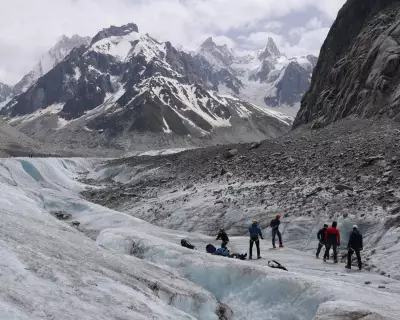
In a thrilling discovery for wildlife enthusiasts, rare and secretive salamanders have been spotted in Florida's secluded habitats. These elusive creatures, often overlooked due to their reclusive nature, are now drawing attention from scientists and conservationists alike.
The Hidden World of Florida's Salamanders
Florida's wetlands and forests are home to some of the most enigmatic amphibians in the United States. Among them, the rarely seen salamanders have long fascinated researchers. Their ability to thrive in hidden, often inaccessible environments has made them a subject of intrigue.
A Glimpse into Their Secret Lives
Recent sightings have provided a rare opportunity to study these creatures up close. Unlike their more common relatives, these salamanders prefer damp, shadowy areas, making them difficult to observe in the wild. Their unique adaptations allow them to survive in conditions that would challenge other species.
Why This Discovery Matters
The presence of these salamanders is a testament to Florida's rich biodiversity. Conservationists emphasize the importance of protecting their habitats, which are increasingly threatened by urban development and climate change. Understanding these creatures could unlock new insights into ecosystem health and resilience.
Challenges in Studying Salamanders
Researchers face significant hurdles in tracking these elusive animals. Their small size and nocturnal habits make them hard to locate, and their sensitive skin requires specific environmental conditions to thrive. Advanced techniques, such as environmental DNA sampling, are now being employed to study them without direct interference.
What’s Next for Conservation Efforts?
With these new findings, conservation groups are calling for enhanced protection measures. Preserving the delicate balance of Florida's ecosystems is crucial not only for salamanders but for the countless other species that share their habitat. Public awareness and support are key to ensuring these mysterious creatures remain a part of Florida's natural heritage.





